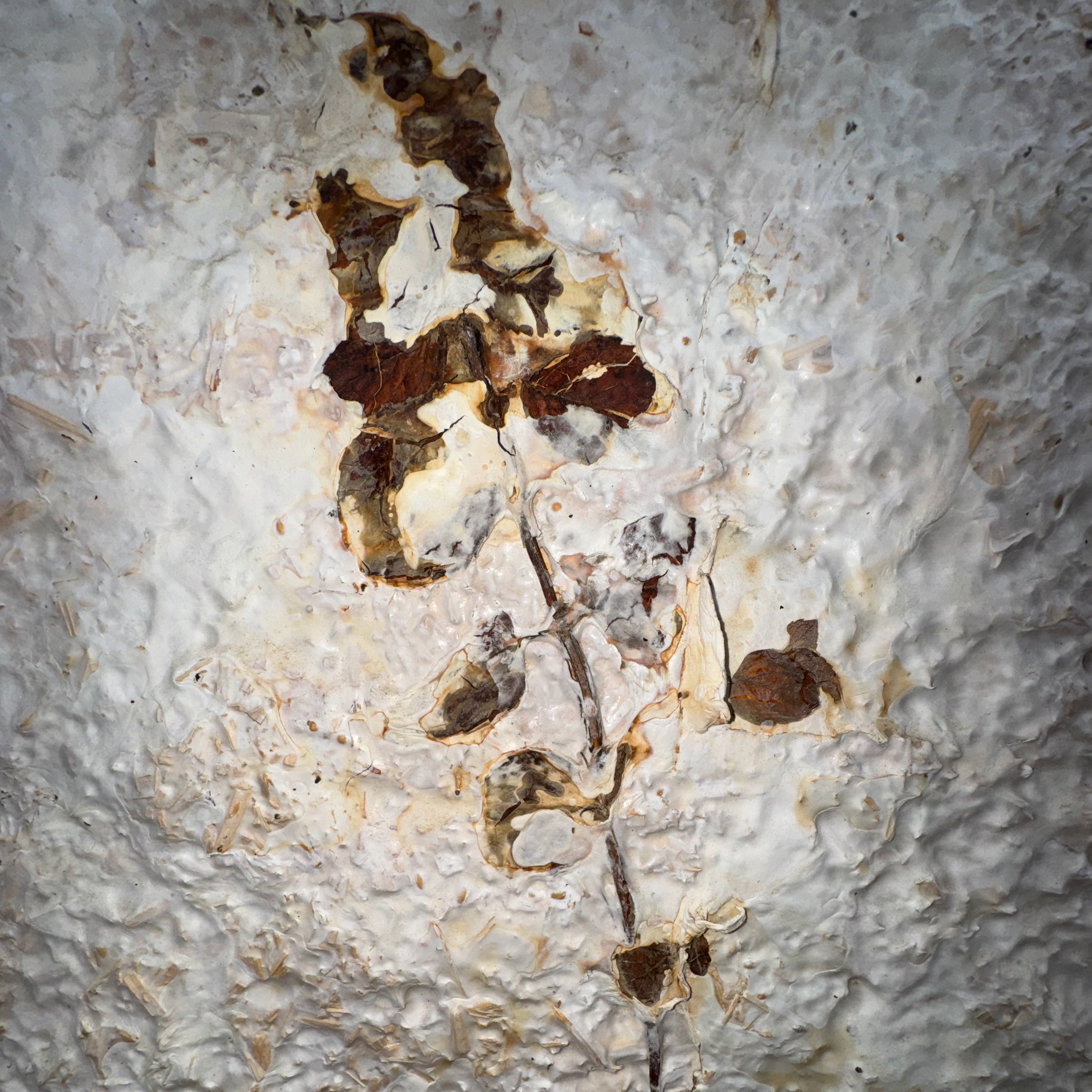
Between Bread and Building
2024
Mycobosci, then, are not just materials—they are media for connecting ecological, structural, and cultural transformation.

Modelling morphologies
2024
To support the development of mycelium-based engineered living materials, this paper review the literature of growth models for filamentous fungi with emphasis on the connection between morphogenesis and metabolism.
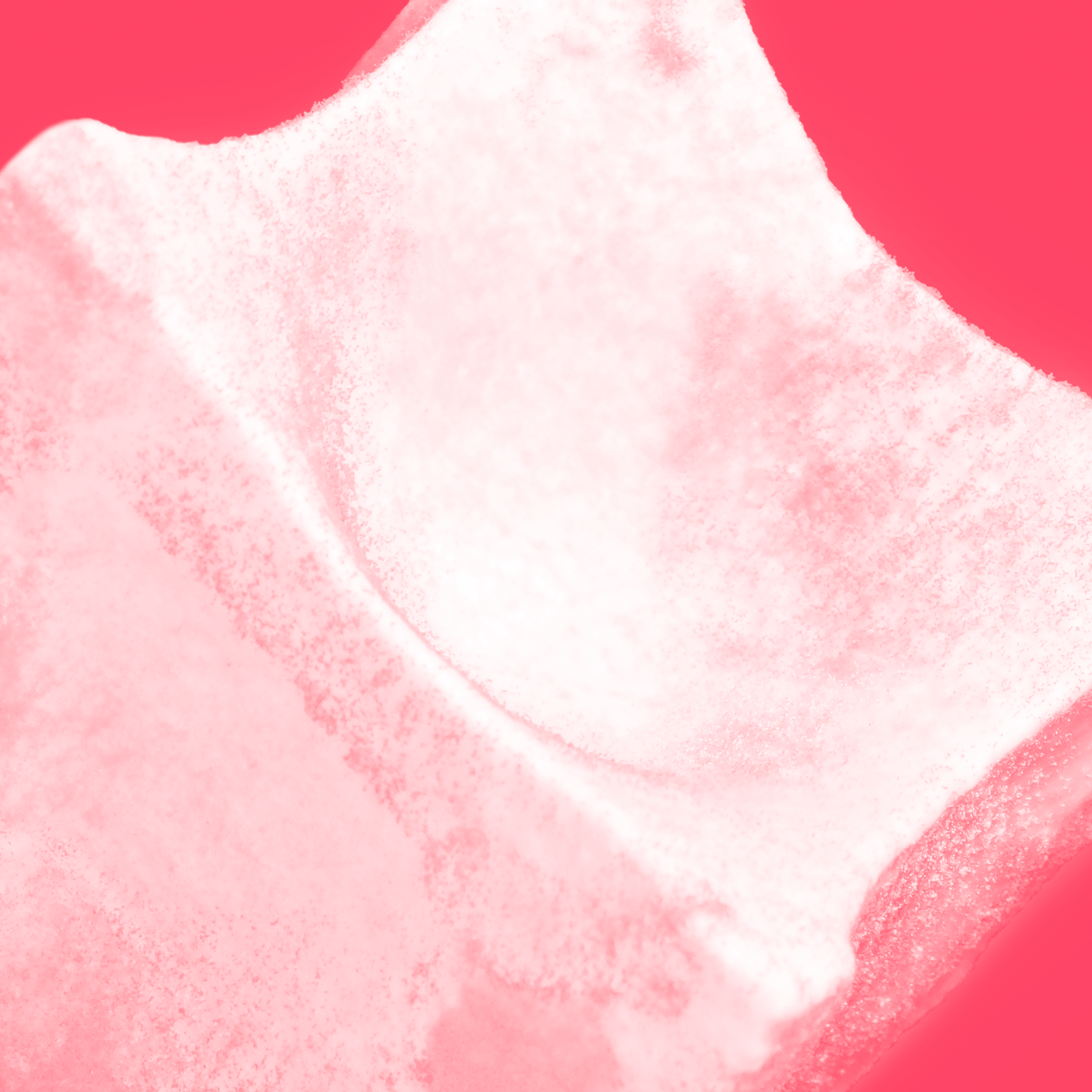
Design terroir
2024
Alternative to technocentric, Modernist design methods, the terroir approach can help informing ecologically & socially sustainable modes of existence for design. Here, (un)commoning is central to an epistemology of care, and renders by aesthetic excess and fragility.
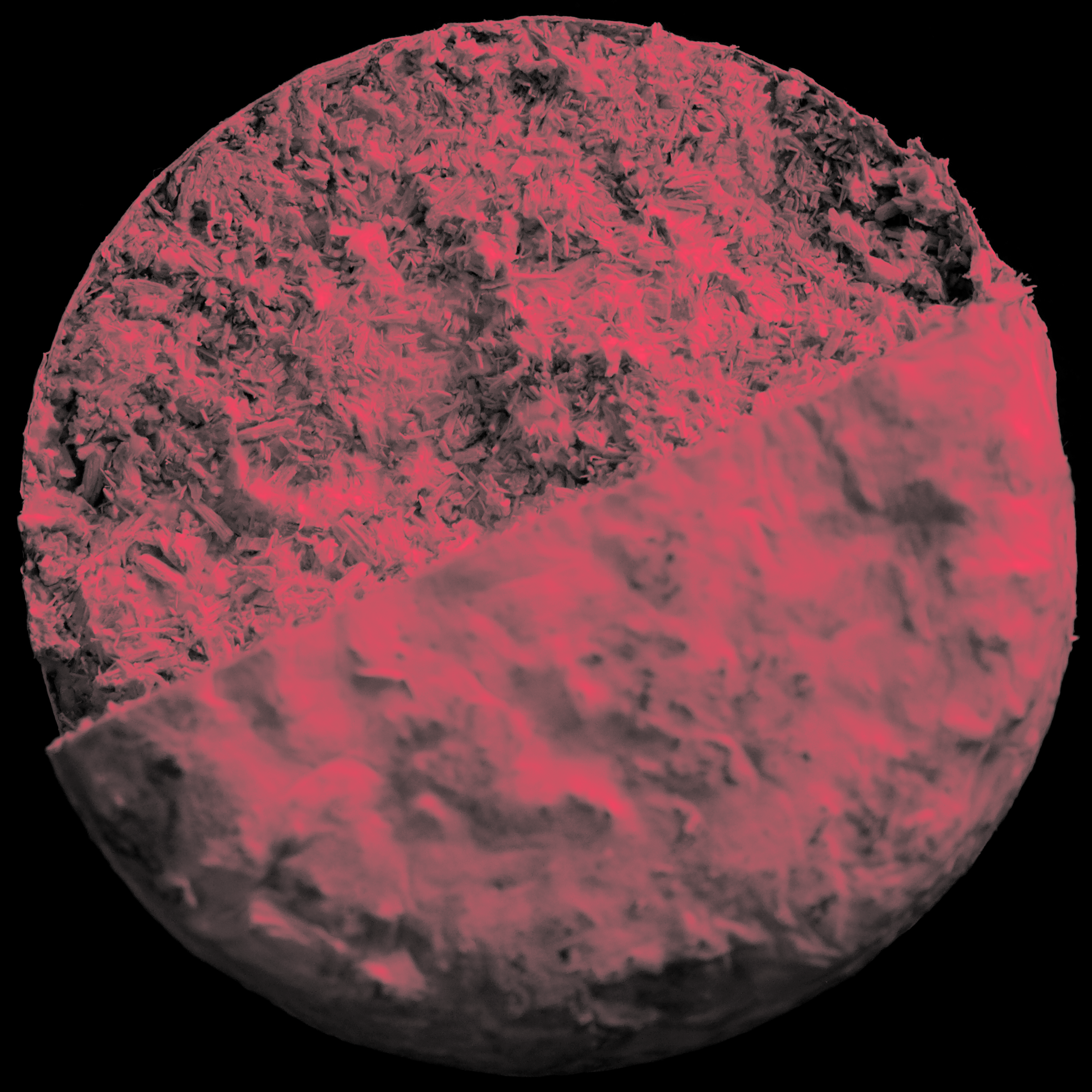
Design Strategies for Mycelium-Based Composites
2023
We identify three principal strategies for designing MBC: supplementation, densification and composition, and discuss them regarding outstanding reports from the state-of-the-art. We report on solid-state fermentation supplements having significant effect on fungal CAZymes activities.
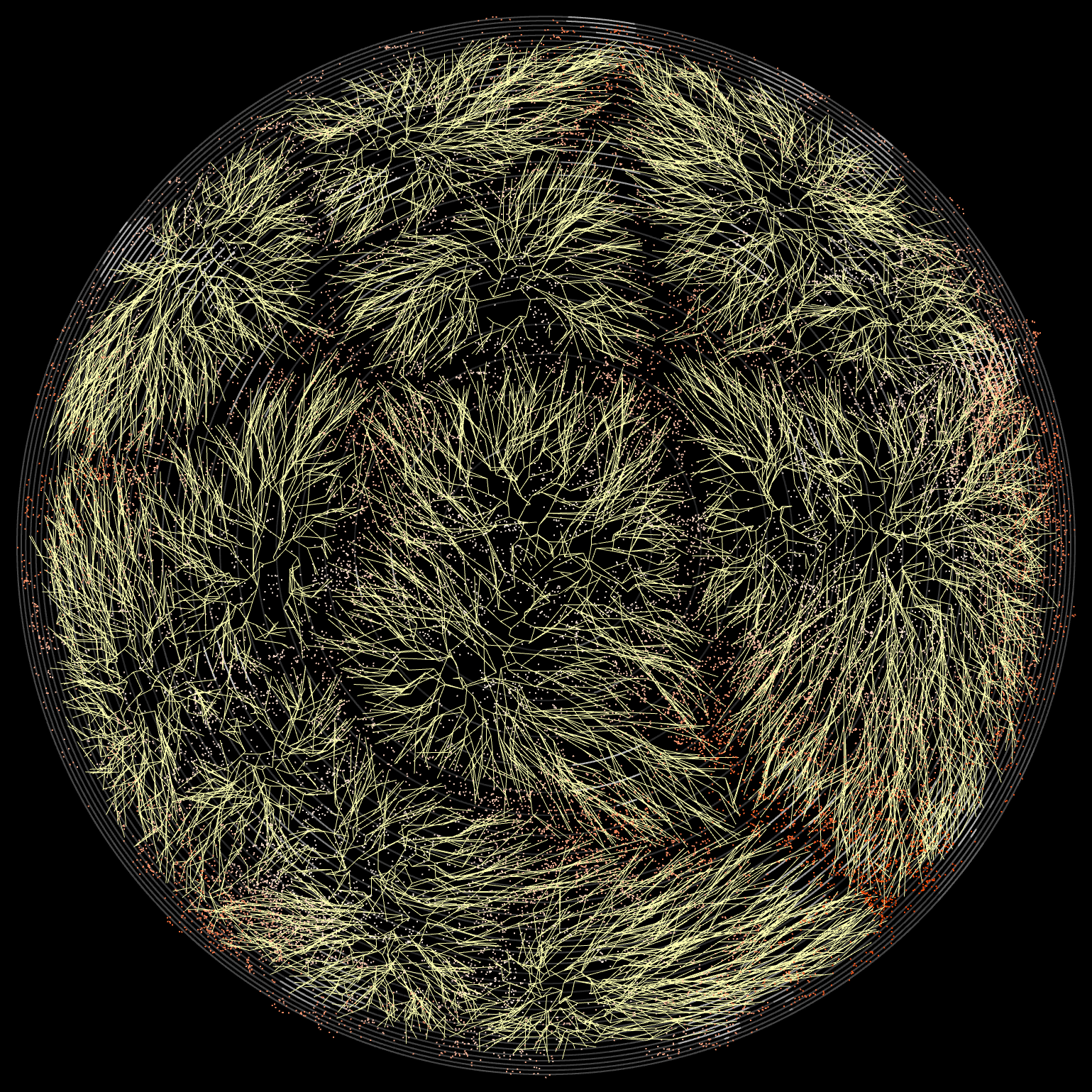
P. stellaviatori: pedagogy & mycelium
2022
To support ecological and technical critical reflections related to MBC and architectural knowledge we developed a stochastic simulation model of fungal colonisation for design education and research. We report on its pedagogical impact based on students survey and productions.
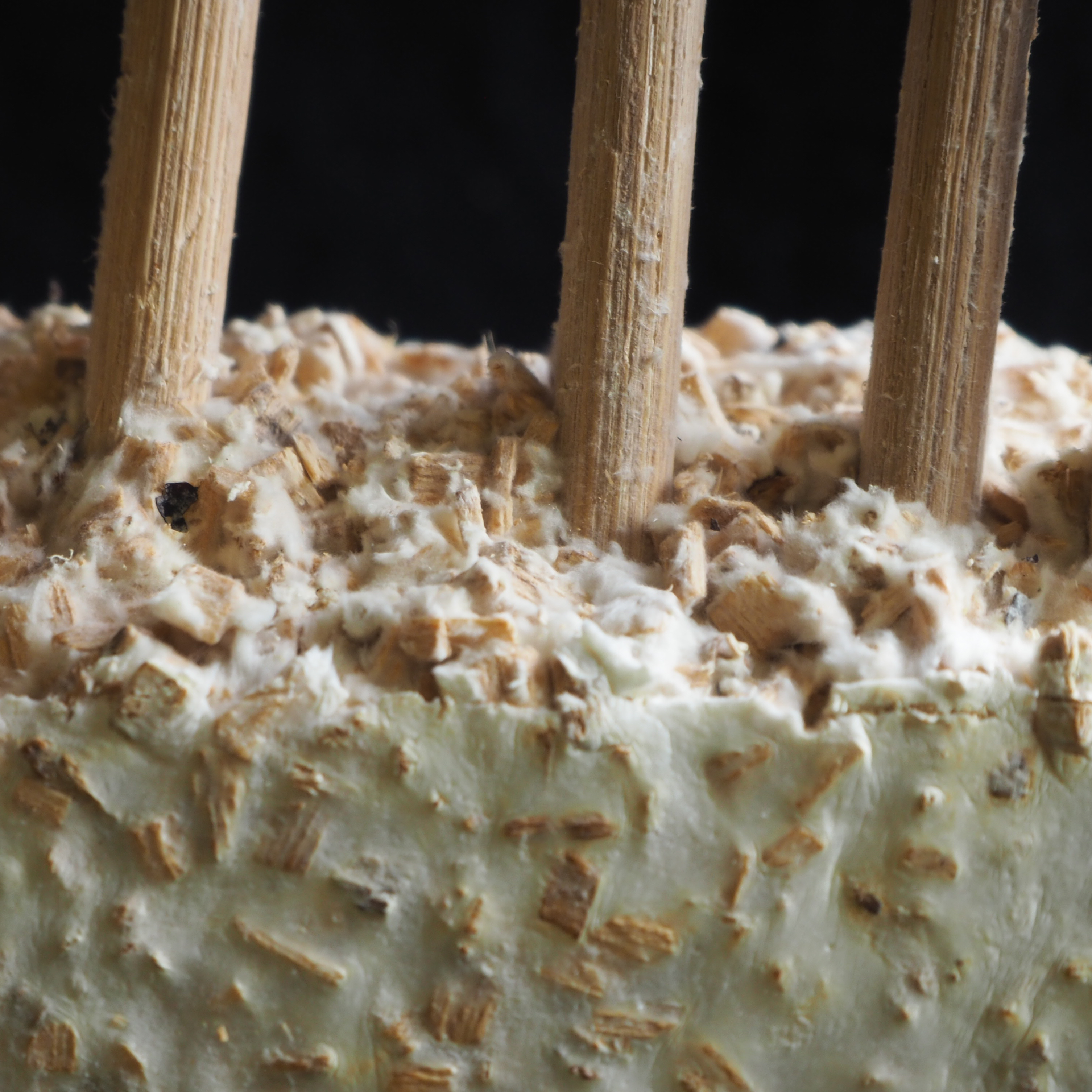
MBC Composition Strategies: Flexural Behaviour
2022
Report from a series of flexural tests for four fibre reinforcement strategies for mycelium-based composite, reporting flexural modulus and flexural modulus of rupture. We explore models that consist of a control group, the integration of inner hessian, hessian jacketing and rattan fibres.
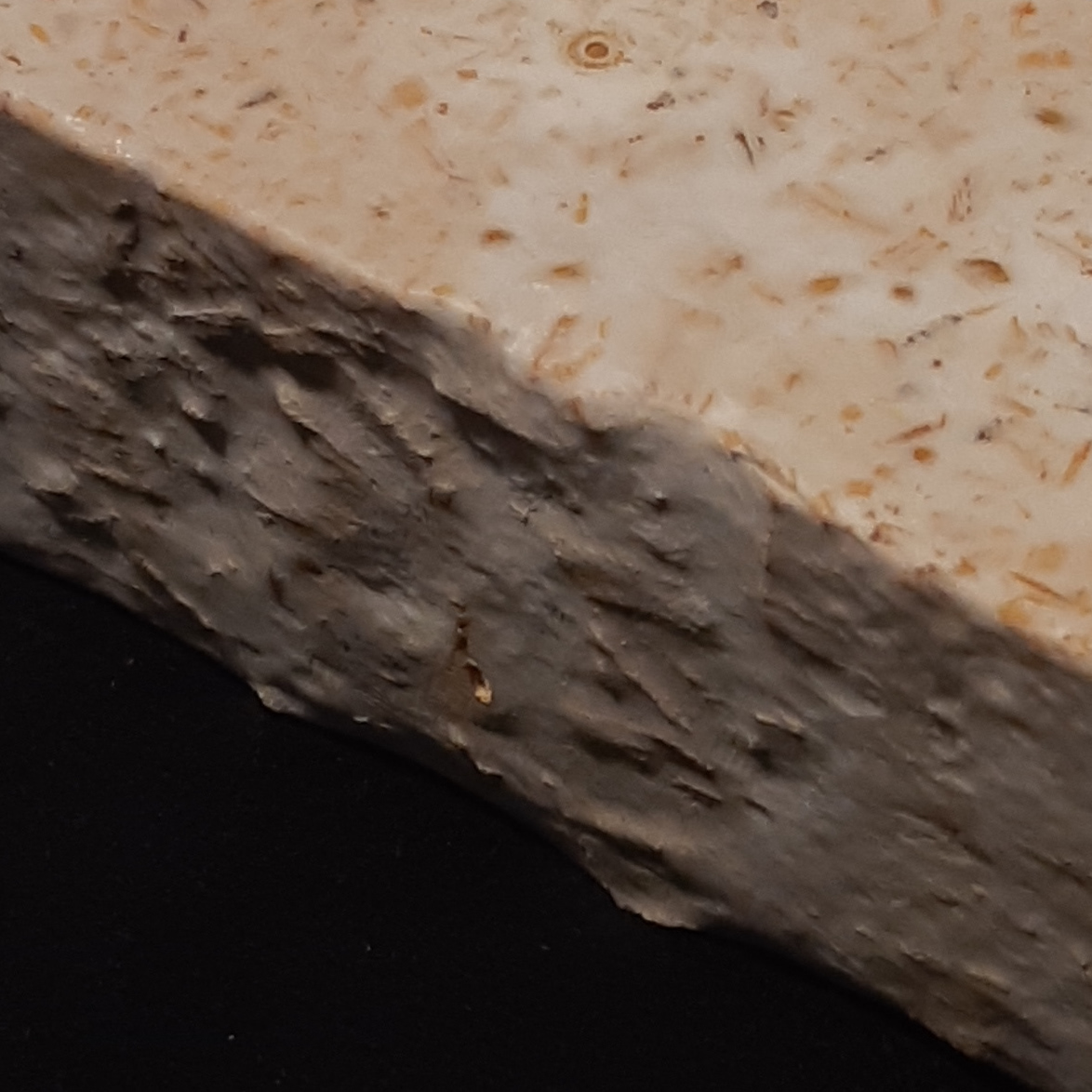
MBC Composition Strategies: Compressive Behaviour
2021
An experimental series of Mycelium-Based Composites were produced using four substrate particle sizes and subjected to compression testing. We report on their effect over Young’s modulus and ultimate strength. We extend the study by investigating three anistropic substrate designs through orientated fibre placement as a strategy for modifying compressive behaviour.
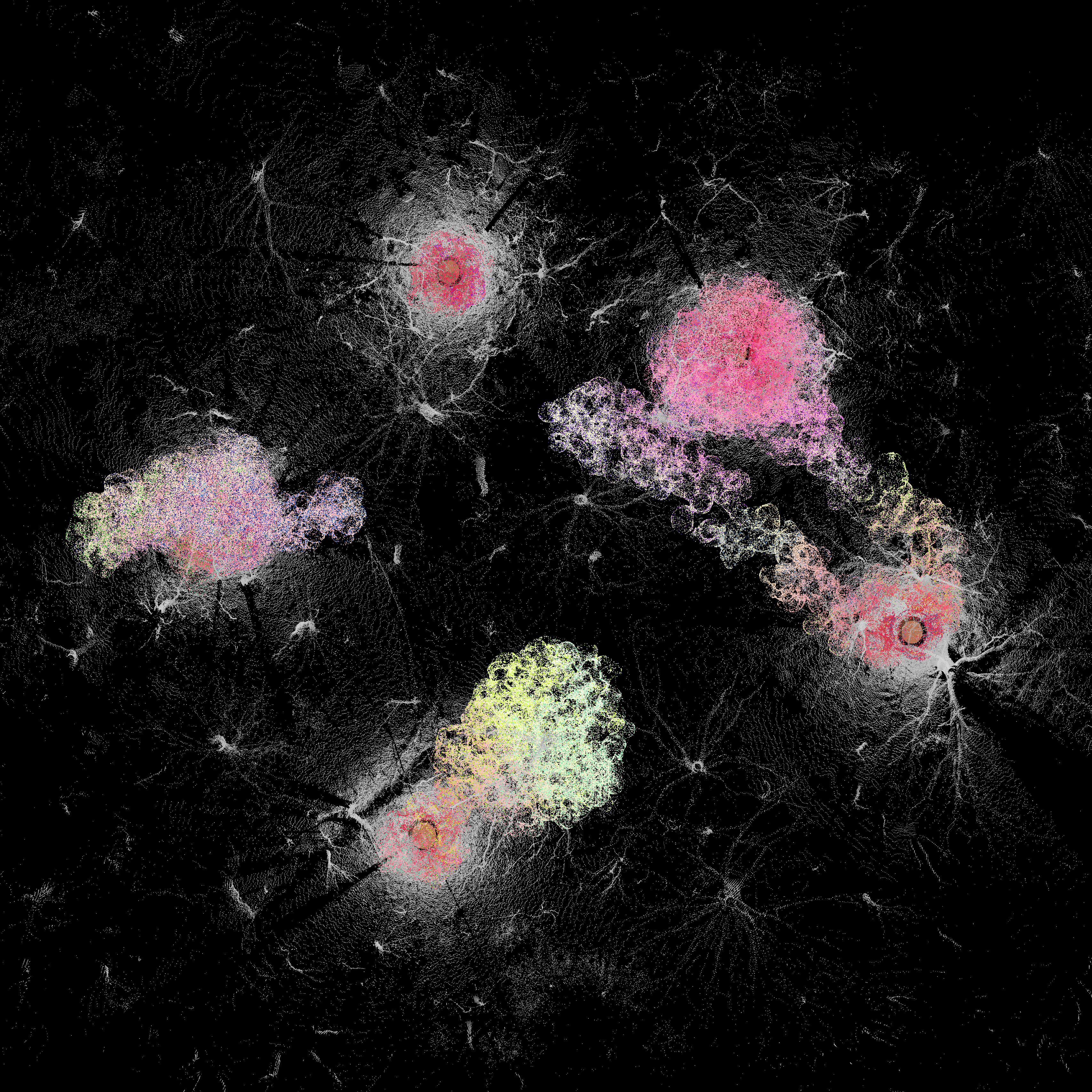
Fragile computation
2021
By looking into case studies of terroir and vernacular architecture, this work suggests that the prism of locality, in that it makes situated natural resources a non-negotiable trait for the mode of existence of technical objects, bears a high potential for increasing communities’ resilience by resources economy.
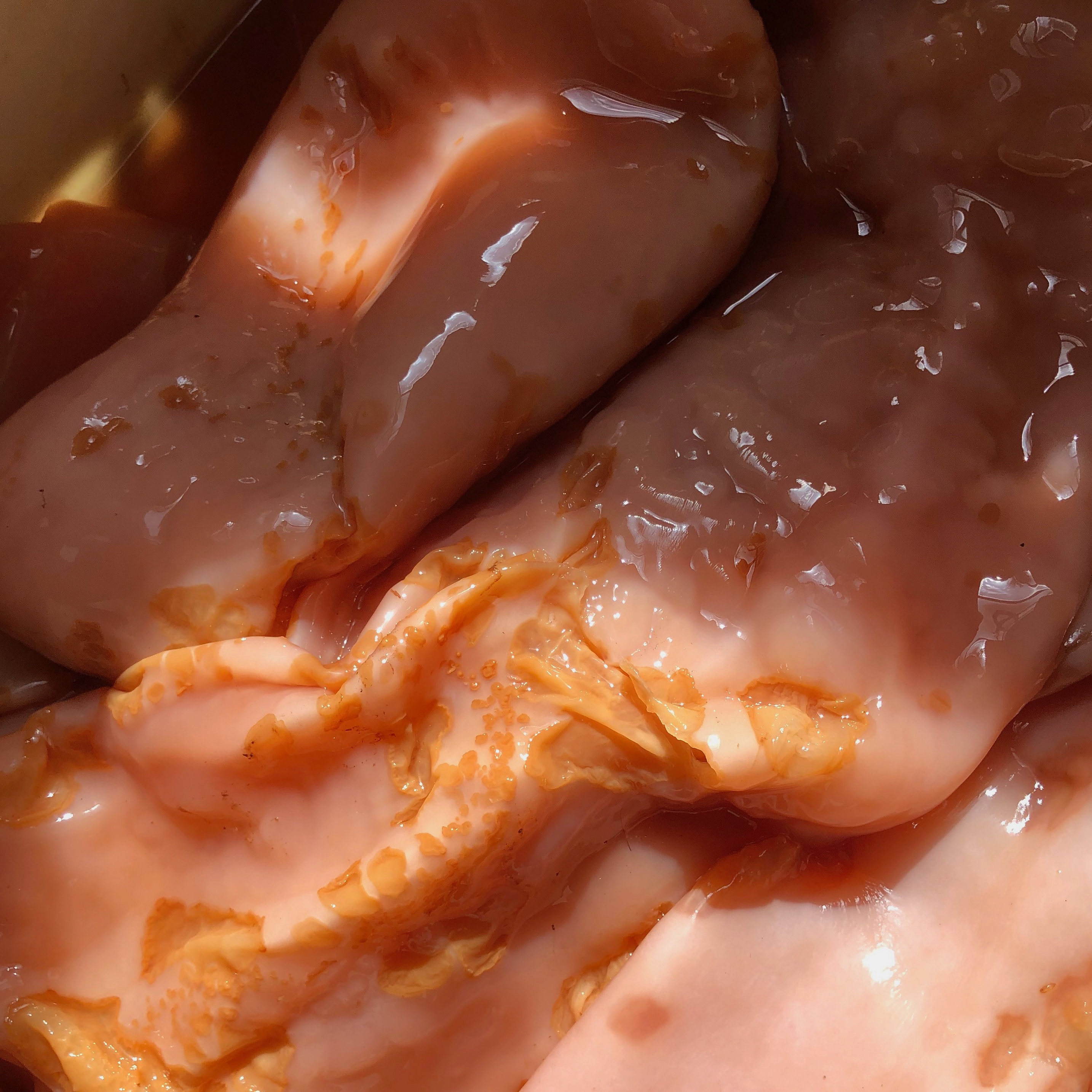
Designing the Gross
2021
This research examines from a material semiotics stand the gross at play in queer & feminist art and in recent speculative design works.
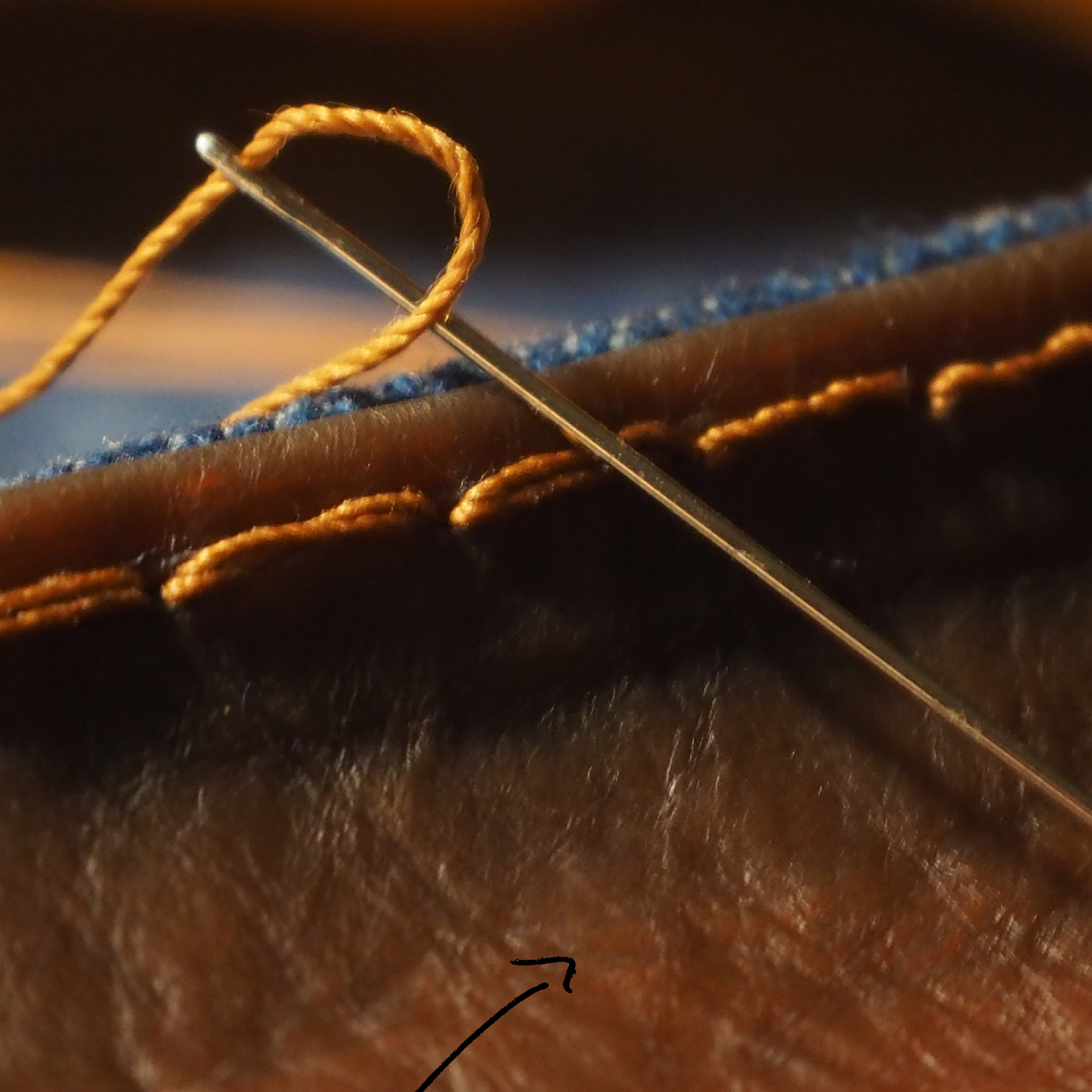
Connecting terroirs
2019
The Fab City movement aims at fostering the social resilience of urban areas by structuring networks of Fab Labs and third-places. This research paper reviews the ontology of this initiative and provides with an understanding of the articulation between networks of interests and communities of values so to enhance Fab City’s potential for territorial resilience.